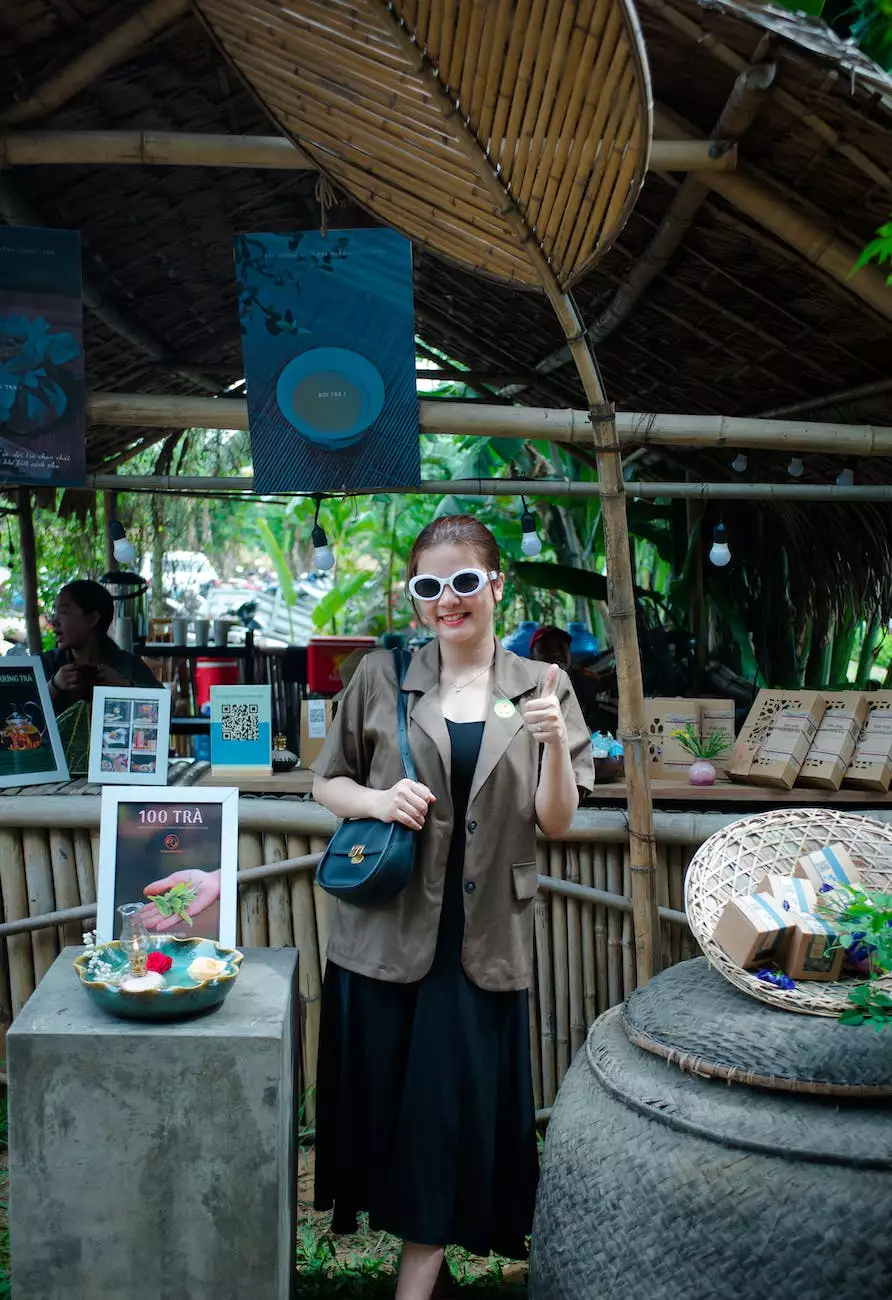A brilliant view of resilience vs. cruelty
Book Reports
Exploring the Dynamics of Resilience and Cruelty
Welcome to The Knowledge Nest, your go-to resource for insightful content within the Community and Society category. In this article, we delve into the fascinating dynamics of resilience versus cruelty, examining their impact on individuals and society as a whole.
The Power of Resilience
Resilience is the ability to adapt, bounce back, and thrive despite facing adversity. It is a quality that individuals and communities alike can develop, enabling them to face challenges head-on and emerge stronger. Resilience nurtures personal growth, empowers individuals to overcome obstacles, and cultivates a sense of hope and optimism.
At The Knowledge Nest, we recognize the importance of fostering resilience in society. Our comprehensive analysis sheds light on the various aspects of resilience, highlighting proven strategies to cultivate this invaluable trait. Discover how resilience can be harnessed to inspire positive change within individuals and communities.
The Dark Side: Understanding Cruelty
While resilience embodies our capacity for strength and transformation, the existence of cruelty in society remains a perplexing issue. Cruelty can manifest in various forms, from subtle acts of discrimination to outright aggression and violence. Understanding the origins and ramifications of cruelty is vital in order to combat its adverse effects.
Through meticulous research and analysis, The Knowledge Nest unveils the intricacies behind acts of cruelty. By examining case studies, psychological theories, and historical contexts, we provide a comprehensive understanding of this deeply troubling human behavior. Our aim is to empower individuals to stand against cruelty and foster a more compassionate society.
Resilience vs. Cruelty: An Inevitable Clash?
Resilience and cruelty often intertwine within the fabric of society, creating complex dynamics that require careful examination. In this section, we explore the relationship between these two contrasting elements, seeking to find answers to thought-provoking questions.
Can resilience triumph over cruelty? How can individuals combat cruelty without compromising their own resilience? What strategies can communities employ to foster resilience and deter acts of cruelty?
At The Knowledge Nest, we believe that by examining these questions, we can unlock valuable insights that help shape a brighter future. Our exploration of resilience versus cruelty encompasses real-world examples, expert opinions, and theoretical frameworks to provide a holistic viewpoint.
Building A Resilient Society
As advocates for positive societal change, The Knowledge Nest offers practical guidance on transforming communities into resilient entities that reject cruelty. Our team of experts analyzes successful community initiatives that promote resilience, highlighting key elements that contribute to their effectiveness.
The Knowledge Nest understands that fostering resilience within society requires collaboration, empathy, and an understanding of the diverse challenges individuals face. By highlighting success stories and providing actionable tips, we aim to empower readers to drive change within their own communities.
Unlocking the Potential for Change
Resilience and cruelty are two powerful forces constantly at play in our communities. Understanding their intricacies, impact, and potential for change can profoundly shape the future. The Knowledge Nest invites you to join us on this transformative journey, together shaping a society that thrives on resilience, empathy, and compassion.
- Discover the complexities of resilience and cruelty
- Learn practical strategies for cultivating resilience
- Understand the causes and consequences of cruelty
- Explore the intricate relationship between resilience and cruelty
- Uncover successful community initiatives that promote resilience
Join The Knowledge Nest community today, and embark on a remarkable journey toward a world where resilience triumphs over cruelty, and compassion reigns supreme.










